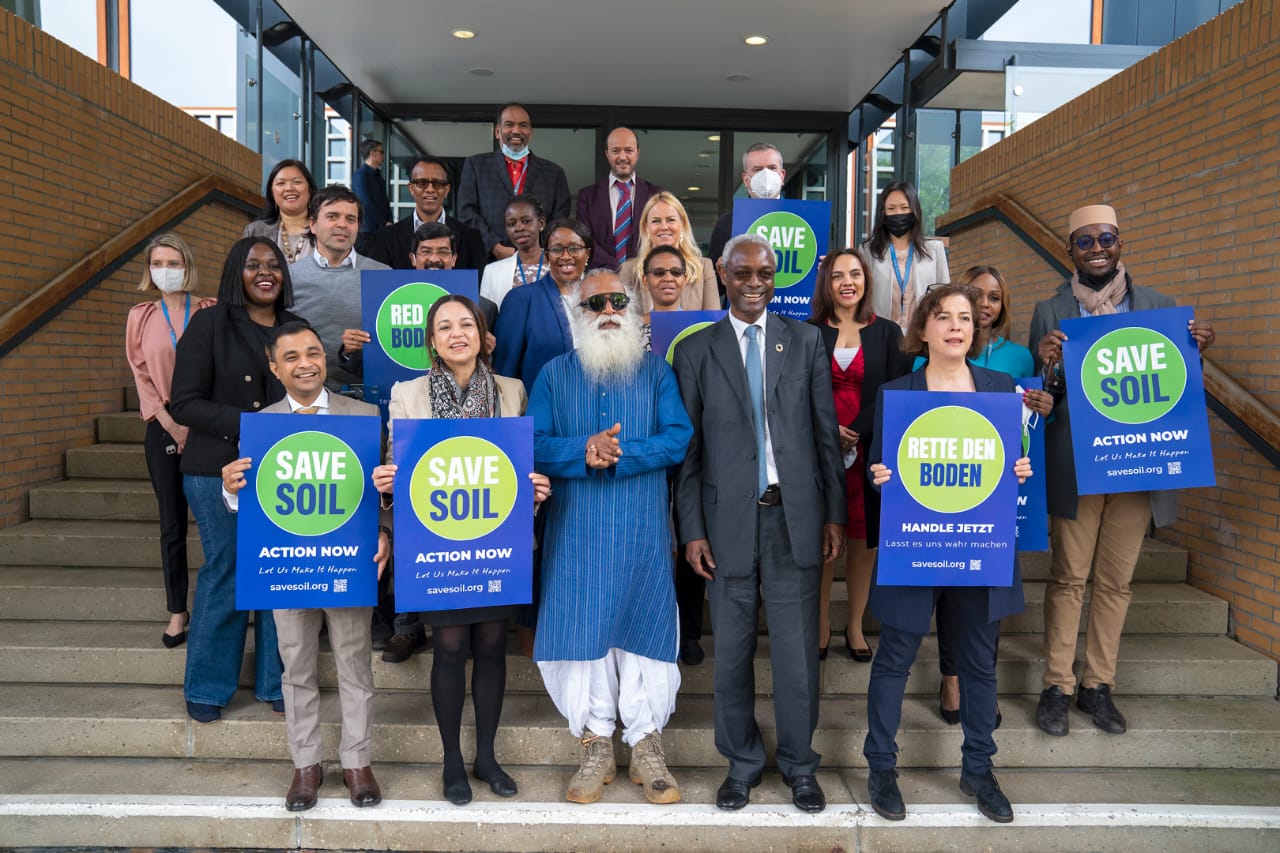Trending Now
- 830 voters names go missing in Kavundampalayam constituency
- If BJP comes to power we shall consider bringing back electoral bonds: Nirmala Sitaraman
- Monitoring at check posts between Kerala and TN intensified as bird flu gets virulent in Kerala
World News
Padmaavat: India schools shut as film protests intensify
![]() January 25, 2018
January 25, 2018
Schools have been shut in Gurgaon, a suburb in India’s capital Delhi, after protestors pelted stones and smashed windows of a school bus on Wednesday.
The incident is the latest in a series of attacks by Hindu right-wing groups who have rallied against the controversial Bollywood epic Padmaavat.
Footage of terrified children crouching under seats as mobs of men shout around them, has caused outrage in India.
The film is scheduled to release later on Thursday.
No children were injured in the incident, but protesters burned other buses, and have also vandalised cinemas over the last few days.
Many theatres across India have said that they will not screen the film, fearing further violence and outcry. The Supreme Court rejected a bid by four states on Tuesday to ban the film on the basis of security concerns, saying it was the responsibility of the state to ensure law and order.
The film, which tells the story of a 14th Century Hindu queen and a Muslim ruler, was originally due for release on 1 December.
But the date was delayed following protests by Hindu right-wing and caste groups and threats of violence.
What is the dispute about?
The film tells the story of Muslim emperor Alauddin Khilji’s attack on a kingdom after he was smitten by the beauty of its queen, Padmavati, who belonged to the Hindu Rajput caste.
Hindu groups and a Rajput caste organisation allege that the movie includes an intimate scene in which the Muslim king dreams of getting romantic with the Hindu queen.
Director Sanjay Leela Bhansali has said the film does not feature such a “dream sequence” at all.
But rumours of such a scene enraged right-wing Hindu groups who called for the film to be banned.
Is the film historically accurate?
While the emperor Khilji is a historical figure, historians believe that Padmavati is a fictional queen.
Bollywood stars Deepika Padukone and Ranveer Singh play the lead roles.
The name of the queen, and the plot of the film, are believed to be based on an epic poem, Padmaavat, by 16th-Century poet Malik Muhammad Jayasi.
The poem extols the virtue of Padmavati who committed sati, the practice of a widow immolating herself on her husband’s funeral pyre, to protect her honour from Khilji who had killed her husband, the Rajput king, in a battle.
Sati is believed to have originated some 700 years ago among the ruling class or Rajputs in India.
Women in the community burnt themselves after their men were defeated in battles to avoid being taken by the victors. But it came to be seen as a measure of wifely devotion in later years. The custom was outlawed by India’s British rulers in 1829 following demands by Indian reformers.
Historians point out that Jayasi’s ballad was written more than 200 years after the historical record of the invasion by Khilji. They say the folklore around Padmavati has been problematic as they have glorified sati.
As the recent protests show, Padmavati is deified and held as a symbol of female honour among Rajputs even today.
How bad have the protests been?
The film has been sparking protests in different parts of the country since January 2017 when members of the Karni Sena, a Rajput caste group, vandalised the set and slapped Mr Bhansali.
The protests intensified in November as the movie’s original date of release – 1 December – approached.
Rajput community members burnt effigies of Mr Bhansali.
The Karni Sena vandalised cinemas and threatened to chop off Ms Padukone’s nose, referring to a story in the epic Ramayana where a character has her nose chopped off as punishment.
The group also held protests against the film in several states, including Rajasthan, Uttar Pradesh and Haryana, which are governed by the Hindu nationalist Bharatiya Janata Party.
Rajasthan Chief Minister Vasundhara Raje said the film should not be released until “necessary changes are made so that sentiments of any community are not hurt”.
A regional leader of the BJP announced a reward of nearly $1.5m (£1.3m) for anyone who beheaded Mr Bhansali and Ms Padukone.
Why a Bollywood memoir has kicked up a storm about being gay in India
Why a Bollywood film has been accused of distorting history
Why is Bollywood film PK controversial?
Some former royals in Rajasthan also called for the film’s release to be cancelled. One of them, Mahendra Singh, said it was “an artistic and historic fraud to portray an incorrectly attired courtesan-like painted doll in the song as the very “queen” the film purports to pay obeisance to” – referring to a song in which Padmavati is dancing. Such scenes would lead to “anarchy,” he added.
Earlier this week, protesters in India’s western state of Gujarat blocked roads, torched buses and vandalised a theatre after India’s Supreme Court cleared the release of the film.
What did the court say?
On 18 January, the court cleared the film’s release and overturned the decision by four states to ban it, citing fears of violence.
The film’s producers had approached the Supreme Court to challenge the states’ ban.
“Cinemas are an inseparable part of right to free speech and expression,” said Chief Justice Dipak Misra. “States… cannot issue notifications prohibiting the screening of a film,” he added.
The court added in its ruling that the states should not have banned the film as it had already been cleared by India’s censor board.
The board had screened the film to historians, who suggested five modifications. One of them included changing the film’s name from Padmavati to Padmaavat, after the 16th Century epic poem of the same name.
Padmaavat controversy – timeline:
Jan 2017: Hindu extremist group Karni Sena stalls initial filming in the Rajasthan state, vandalising the set. Director Mr Bhansali is slapped by a member of the group. Production is halted
March 2017: The crew moves filming to the Maharashtra state, but protests continues. Mr Bhansali denies claims that there is depiction of a “romantic dream sequence” between Padmavati and Allauddin Khilji
Aug 2017: Many Bollywood celebrities voice their support for the film online and in media reports
Sept 2017: Two posters of the film are released, prompting further outcry from Karni Sena and other right-wing groups. Protestors burn the posters.
Nov 2017: Karni Sena continues its protests in Rajasthan by demanding a nationwide ban on the film. The group also threaten to chop off the nose of leading lady Deepika Padukone. Similar protests begin in other states
Nov 2017: The film’s release, initially slated for 1 December, is “voluntarily deferred”, the film’s studio says
Dec 2017: India’s film censor board clears the release of the film, but suggests a change in name to Padmaavat
Jan 2018: Haryana becomes the fourth state to ban the film, following Rajasthan, Gujarat and Madhya Pradesh. Meanwhile, the Supreme Court clears it for a nationwide release after the ban is challenged by the producers. Violence intensifies in Gujarat in the lead up to the release
























